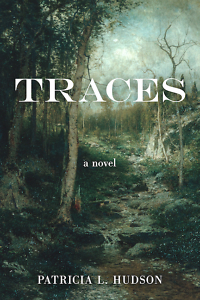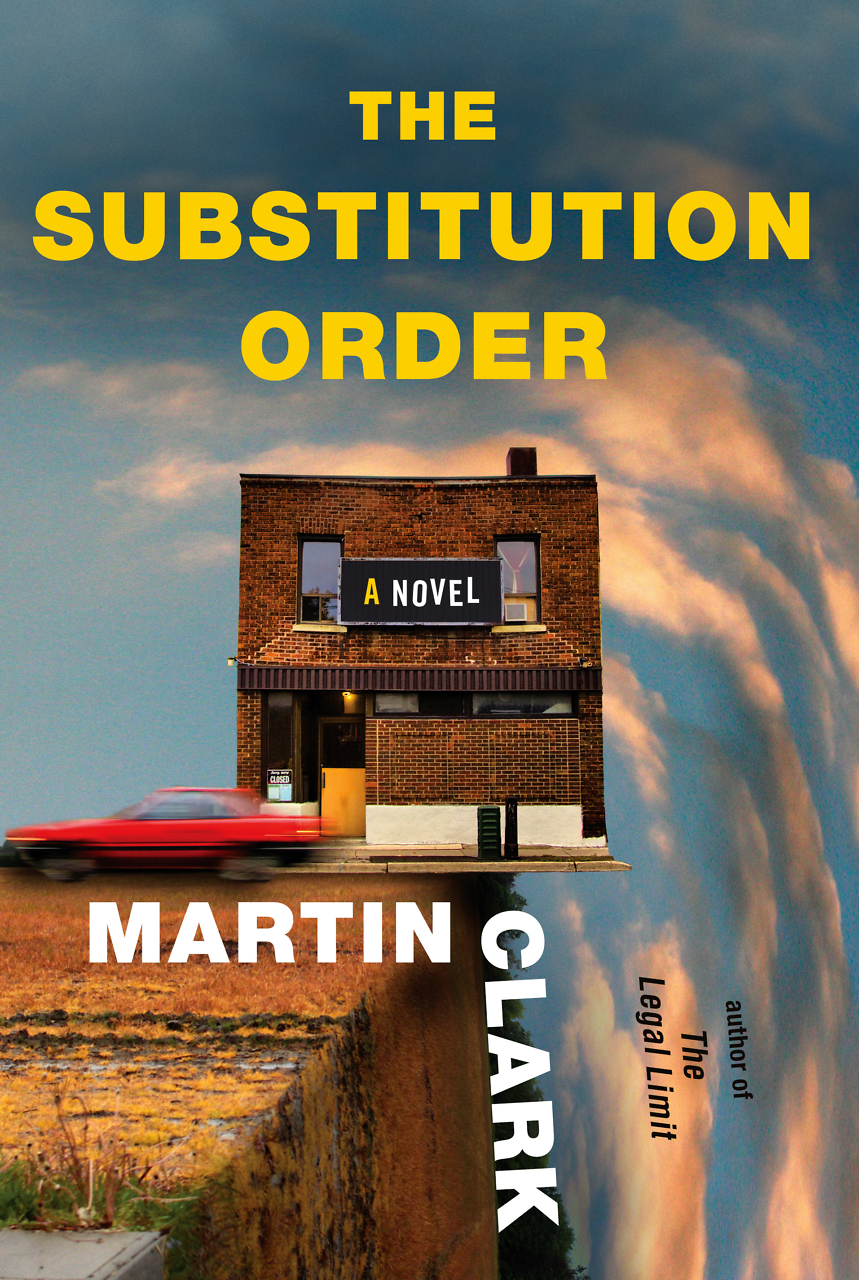Out of the Shadows of History
Novelist Patricia L. Hudson brings Rebecca Boone, Daniel’s wife, to the fore
Daniel Boone was a bold frontiersman, a superhero in buckskin. We all know that story. But Knoxville author Patricia L. Hudson tells the flipside tale in the fine novel Traces.
You know the history. Now immerse yourself in her story.
 Traces centers on Rebecca Boone, Daniel’s wife of 56 years, and their oldest daughters, Susannah and Jemima. It’s a story of love and hardship, longing and resentment, sorrow and strength. And it lacks for nothing as an adventure tale — Miz Boone was handy with a rifle, and needed to be, married to a man who was forever leaving the homestead to blaze some new trail.
Traces centers on Rebecca Boone, Daniel’s wife of 56 years, and their oldest daughters, Susannah and Jemima. It’s a story of love and hardship, longing and resentment, sorrow and strength. And it lacks for nothing as an adventure tale — Miz Boone was handy with a rifle, and needed to be, married to a man who was forever leaving the homestead to blaze some new trail.
Young Rebecca was sensitive by nature, finely attuned to the natural beauty of the world, to wildflowers and songbirds. But, crucially as the future wife of Daniel Boone, she could be clear-eyed about the harshness and hardships of life. She could be strong. Her beloved grandmother saw to that: “You’d best learn early to toughen that heart of yours, child, for there’s plenty of suffering in this world for both man and beast.”
Those two sides of Rebecca — sensitive and strong — make her a compelling subject for a storyteller, and Hudson’s a good one. She brings Rebecca not just out of Daniel’s considerable shadow, but history’s.
Rebecca’s story is in many ways deeper, more relatable, and certainly more heartbreaking, than Daniel’s. He got to be dashing and brave. There were wilds to be tamed, after all, and no one was better at it. It was a dangerous life, but it was the life he chose, again and again.
Rebecca, meanwhile, had to stay home, raise the children (there were 10, eventually), provide and protect, worrying all the while about what dangers might visit the family before Daniel made it home — if he made it home.
In one early scene, three days after Susannah is born, Daniel announces he’s leaving — there are Indians to fight. When Rebecca confronts him about his duties at home, he says, “You knew when you married me I wasn’t a farmer, Becca.” She responds:
“That’s true — but I didn’t reckon on being left with a cabin full of children to care for, nursing a newborn, living on acres that aren’t our own, and you traipsing off to fight a war. I’ll spend months not knowing where you are — whether you’re alive or dead. Don’t ask me to live like that. We need you here.”
That was life with Daniel Boone, even for a wife who was nearly tall enough to look him in the eyes and speak truth to his powerful urge to roam. But though she could stand up to him, she couldn’t stop him. No one could. It was like being married to the wind.
 Daniel might be gone for a year, two years, at a time. And those absences made tongues of the time wag, speculating that daughter Jemima’s father was, in fact, Daniel’s younger brother Ned, who resembled Daniel in looks but not spirit. Ned was a homebody and an immense help to Rebecca and the children while Daniel was away.
Daniel might be gone for a year, two years, at a time. And those absences made tongues of the time wag, speculating that daughter Jemima’s father was, in fact, Daniel’s younger brother Ned, who resembled Daniel in looks but not spirit. Ned was a homebody and an immense help to Rebecca and the children while Daniel was away.
It seemed to be frontier sport, remarking on the supposed looseness of Rebecca, and it nearly broke her. It nearly destroyed the marriage. The stories seemed to follow the Boones and would bedevil the whole family — particularly Jemima, when she became old enough to understand them.
“Mama, why do people whisper things and laugh when I’m around?” Jemima asks in one of the chapters focused on her. “I hate it.”
The words silenced everyone in the cabin. Daniel “shifted in his seat and stared into the fire, avoiding Jemima’s eyes” — not so brave now, huh? Rebecca took her daughter’s hand, led them on a walk to the creek, and there they talked:
“Folks love to gossip, sweetheart, so you and I will just have to do our best to ignore them. The main thing I want you to know is that none of it’s your fault. Your Daddy claims you. It doesn’t matter what anyone else says.”
Jemima nodded and snuggled closer. But in her heart, she believed it did matter, perhaps to her father, most of all.
Jemima would turn out to be “her father’s favorite,” Hudson writes, “because they were so much alike.”
Other chapters focus on Susannah, who had her father’s adventurous spirit and bristled at the different rules for boys and girls:
It seemed to Susannah there were a thousand ways for a girl to get into trouble, while boys were given leeway to explore and fight and have all sorts of adventures. Susannah loved her mother, but she didn’t want to grow up to be like her, forever stuck on a farm with her husband away, tied to the same old chores day after day. Susannah vowed that if she were ever silly enough to get married, her life would be very different.
It’s a recurring theme of the book — and of life, really: Males doing as they want, females as they must.
But in the lives of Rebecca Boone and her oldest daughters, there’s stirring drama, tension, conflict, and themes that resound from their time to ours. All the makings of a winning novel, and here it is.

David Wesley Williams is the author of the novels Everybody Knows (JackLeg Press, January 2023) and Long Gone Daddies (2013). His short fiction has appeared in Oxford American, Kenyon Review Online, and in Akashic Books’ Memphis Noir. He lives in Memphis.


